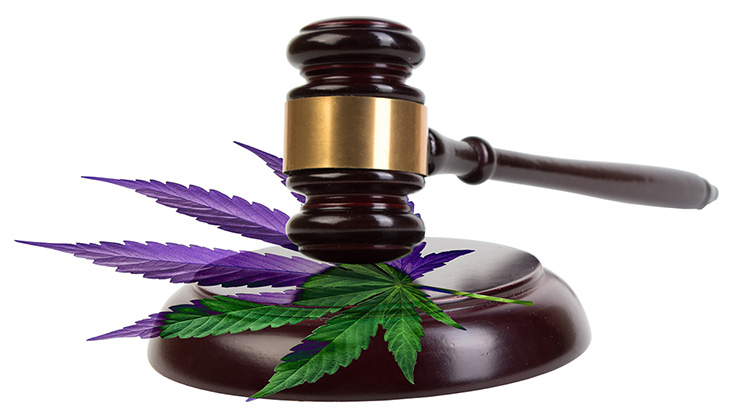Arkansas Supreme Court Halts Counting of Medical Marijuana Amendment Votes, Citing Misleading Ballot Title
In a significant ruling that has stirred controversy across the state, a majority of judges on the Arkansas Supreme Court have ordered election officials not to count votes for the proposed Arkansas Medical Marijuana Amendment of 2024. The court found the measure’s ballot title to be misleading, stating that it inaccurately suggested the amendment was solely about expanding the state’s medical cannabis program, while it also included provisions for broader legalization.
The judges expressed their concerns in a detailed opinion, asserting that the popular name of the amendment, “Arkansas Medical Marijuana Amendment of 2024,” misrepresents the true scope of the proposal. “In sum, the popular name falsely suggests that the amendment is only about medical marijuana when, in reality, it is about much more,” they wrote, deeming the language used as “deceptive and misleading.”
The amendment aimed to revise Arkansas’s existing medical cannabis access law, which was approved by voters in 2016. Key changes included expanding the number of practitioners authorized to recommend medical cannabis and allowing them to recommend it to any patient they believe could benefit. Additionally, the amendment sought to permit adults to legally possess up to one ounce of cannabis if the federal government were to remove it from the Controlled Substances Act.
Despite the court’s ruling, early voting has already commenced in Arkansas, and voters will still see the amendment on their ballots, as they were printed before the decision was made. Polling data indicated that a majority of likely voters supported the amendment, raising questions about the implications of the court’s intervention.
In response to the ruling, a spokesperson for the advocacy group Arkansas for Patient Access expressed disappointment, stating, “It seems politics has triumphed over legal precedent. This is a setback for the growth and improvement of our existing program, but it will not be the last attempt to ease the barriers Arkansas’s medical patients encounter.”
The ruling is part of a broader trend in which opponents of marijuana-related measures have successfully litigated against similar initiatives in recent years, leading to either their removal from ballots or the invalidation of election results. NORML’s Deputy Director, Paul Armentano, criticized these tactics, stating, “Whether or not one personally supports or opposes cannabis legalization, these cynical and undemocratic tactics ought to be a cause of deep concern.”
As Arkansas navigates this complex legal landscape, other states like Florida, Nebraska, North Dakota, and South Dakota have certified marijuana-related measures for their upcoming ballots. However, Nebraska’s initiatives are currently facing legal challenges. Meanwhile, cities in Texas, including Bastrop, Dallas, and Lockhart, are set to vote on local measures aimed at decriminalizing low-level marijuana offenses.
With the clock ticking down to the election, the Arkansas Supreme Court’s decision has added a layer of uncertainty to the future of cannabis legislation in the state. As voters head to the polls, the implications of this ruling will undoubtedly be a topic of heated discussion and debate.



